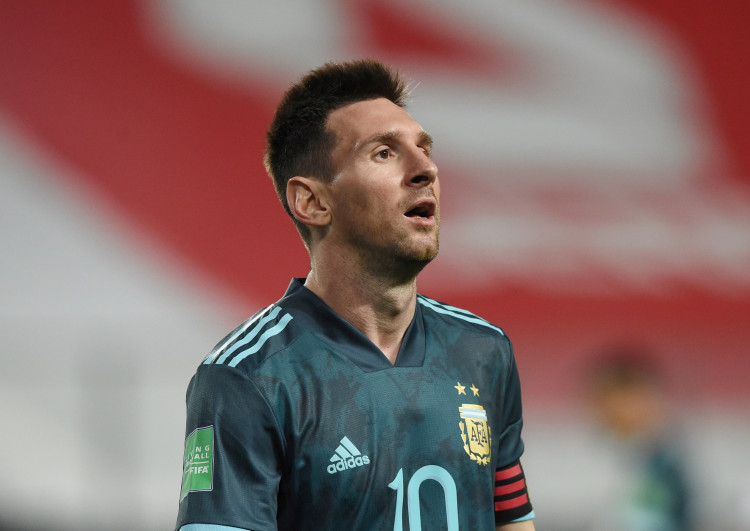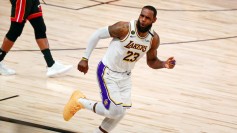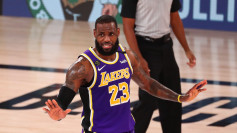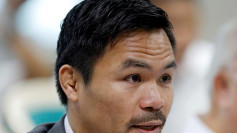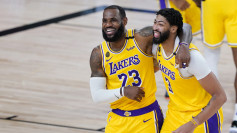China has axed two high-profile friendly football matches featuring Lionel Messi's Argentine squad, signaling a deepening rift between the World Cup champion and Chinese fans. The cancellations come in the wake of a controversial incident in Hong Kong, where Messi, amidst great anticipation, did not play in an exhibition match for his Major League Soccer (MLS) team, Inter Miami, on February 4.
The match, which drew a crowd nearing 40,000, ended in disappointment and outrage as fans, who had come in droves to catch a glimpse of the football maestro, were left wanting. The situation escalated as the crowd voiced their discontent, leading to a clamor for refunds and a barrage of criticism aimed at Messi. Reports suggest that despite the Hong Kong government and event organizer Tatler Asia's efforts, Messi remained sidelined, later citing an injury as the reason for his absence.
The fallout from the Hong Kong event was exacerbated by Messi's subsequent participation in a match in Japan against Vissel Kobe, where he played for 30 minutes. This appearance, particularly after his non-participation in Hong Kong, stoked the ire of Chinese fans and even pro-Beijing politicians in the region, who viewed it as a slight against China.
The simmering discontent reached a crescendo when sports authorities in Beijing and Hangzhou, two cities that were slated to host friendly matches involving the Argentine team in March, officially pulled the plug on the events. The Hangzhou Sports Bureau, in a statement released on its official social media account, hinted at broader, unspecified reasons for the cancellation, stating, "Because of the reasons known to all... the conditions are immature for the match to go forward."
Similarly, the Beijing Football Association, in addressing inquiries about Messi's anticipated game, firmly stated, "Beijing currently has no plans to host relevant competitions in which Messi will participate." This unequivocal stance from two major sports authorities not only reflects the local sentiment but also highlights the broader diplomatic nuances often intertwined with international sports events.
The decision to cancel the matches, including a highly anticipated face-off between Argentina and the latest Africa Cup of Nations champions, Ivory Coast, at the Beijing Workers' Sport Complex, underscores the delicate balance between sports diplomacy and fan expectations. As the saga unfolds, the ripple effects of Messi's Hong Kong no-show continue to be felt, underscoring the significant influence sports figures wield beyond the pitch and the intricate web of expectations, emotions, and national pride that they navigate.
